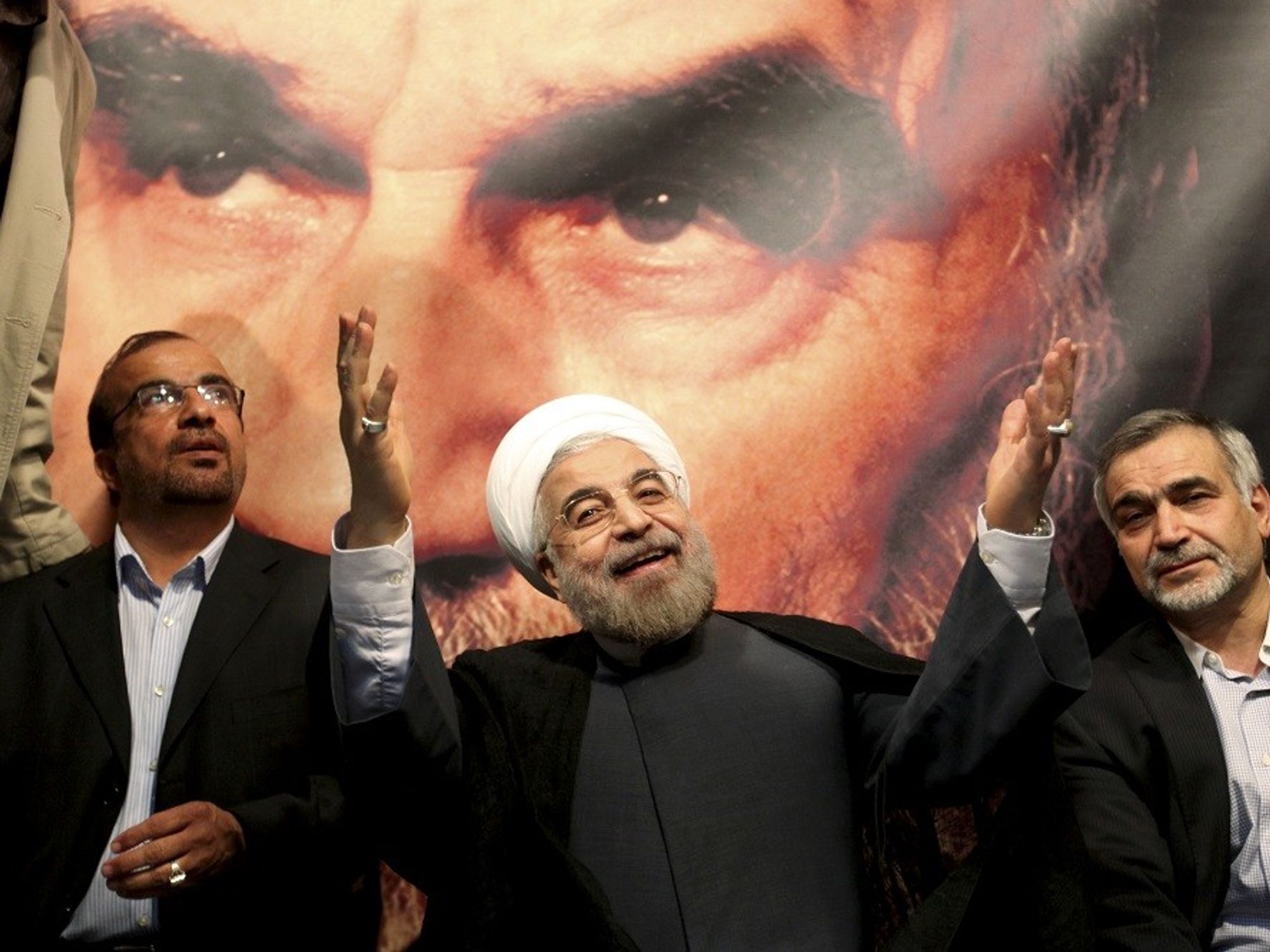
Jason Brodsky
Jason M. Brodsky is currently the policy director of United Against Nuclear Iran (UANI), where he manages its research and writing portfolios. He is also a non-resident scholar at the Middle East Institute’s Iran Program. Previously, he worked as a senior Middle East analyst and an editor at Iran International TV. From 2013-16, he served in a variety of capacities at the Wilson Center, including as special assistant (research/writing) to the Director, President and CEO former Congresswoman Jane Harman; as a research associate in its Middle East Program; and as special advisor to Distinguished Fellow Aaron David Miller. Earlier in his career, Jason served as a fellow at the White House in the Executive Office of the President. His research specialties include leadership dynamics in Iran and its Islamic Revolutionary Guard Corps (IRGC), Shiite militias, and U.S. Middle East policy. Jason holds a B.A., summa cum laude, Phi Beta Kappa, from Brandeis University; a J.D., cum laude, from the University of Miami Sch
Jason Brodsky is a senior Middle East analyst and editor at Iran International TV. He previously served as policy director at United Against Nuclear Iran (UANI) and before that, worked in a variety of capacities at the Wilson Center. Brodsky is a former White House fellow where he served in the Executive Office of the President.
OPINION — The election of Ebrahim Raisi to Iran’s presidency matters. Raisi is the first onetime head of the judiciary to assume the post since 1979. His predecessors hailed from either the executive or legislative branches ahead of their tenures. Before he became president, Ayatollah Ali Khamenei served in parliament and was a deputy defense minister. Ditto for Akbar Hashemi Rafsanjani who was speaker of parliament. Reformist Mohammad Khatami was culture minister, Mahmoud Ahmadinejad was mayor of Tehran, and the more pragmatic Hassan Rouhani was secretary of the Supreme National Security Council (SNSC). Raisi, however, has a background steeped in prison sentences, floggings, executions, and crackdowns. His ascension is indicative of the Islamic Republic laying the groundwork for an eventual leadership transition. There are three regime dynamics to watch in the weeks to come: new membership within the SNSC; whom Raisi decides to appoint to key posts; and succession planning.
Changes in the Supreme National Security Council
President-elect Raisi will not alter the broad contours of Iran’s foreign, national security, and nuclear policies. This is because Iran’s supreme leader will remain the constitutional commander-in-chief and the Islamic Revolutionary Guard Corps (IRGC) drives decision-making on many of these files. However, the internal dynamics of the SNSC—where such policies are debated to build consensus—will change. Raisi has been a member of the SNSC as chief justice since 2019. But as president he will be the chairman of the SNSC, and members of his administration, including the foreign and intelligence ministers, will also join. Thus, he will retain some ability to shape the debate within the SNSC.
Raisi’s ascension to the presidency also caused Iran’s supreme leader to name a new chief justice on Thursday—Gholam-Hossein Mohseni-Ejei. Raisi will be encountering a different dynamic from Rouhani on the SNSC. With Rouhani as president, he had to contend with Raisi—a former political rival—as another SNSC member. But Raisi will now be sitting in the chamber with his former deputy, Mohseni-Ejei, being elevated to succeed him as head of the judiciary. Nevertheless, that does not mean Raisi will be able to manipulate the new chief justice in a way that Rouhani could not with Raisi or that there will be no friction. Mohseni-Ejei was named to his post as first deputy chief justice during the tenure of Raisi’s predecessor, Sadegh Larijani, and reports have emerged through the years of tension between the two men who have similar career histories—for example, both served as first deputy chief justice and attorney general.
It is always possible as well that Iran’s supreme leader decides to transfer the nuclear negotiations dossier from Iran’s Foreign Ministry back to the SNSC, which had run point on the file before Rouhani was elected to the presidency in 2013. This could position whomever Khamenei and Raisi decide to install as secretary of the SNSC as the lead interlocutor with world powers over the nuclear deal.
Powerbrokers
Given his position and promise—as a potential future supreme leader—Raisi scored many endorsements during the presidential election. Ali Nikzad, who has served as deputy speaker of parliament and as the head of Raisi’s campaign headquarters, is someone to watch as a potential senior player in a Raisi administration. Nikzad occupied a series of positions during the Ahmadinejad administration—including as a provincial governor and as a member of his cabinet in charge of multiple ministries. Others include presidential aspirants who either withdrew or were disqualified and endorsed Raisi like Saeed Mohammad, the former commander of the IRGC’s Khatam al-Anbiya Construction Headquarters, as well as Saeed Jalili, the supreme leader’s representative to the SNSC. Former ambassador to Bahrain and deputy foreign minister Hossein Amir-Abdollahian, who has close ties with the IRGC, and Ali Bagheri-Kani, Raisi’s deputy for international affairs in the judiciary and brother-in-law to Khamenei’s daughter, may also serve in senior foreign policy roles.
Raisi’s selections for key posts—most especially foreign minister—will of course still be subject to Khamenei’s veto. Service across presidencies does have precedent in the Islamic Republic—Ali Akbar Velayati served as foreign minister in multiple administrations. Javad Zarif, the incumbent foreign minister himself, served as Iran’s ambassador to the United Nations during the Khatami and in the opening years of the Ahmadinejad administrations.
The Cipher Brief hosts private briefings with the world’s most experienced national and global security experts.




